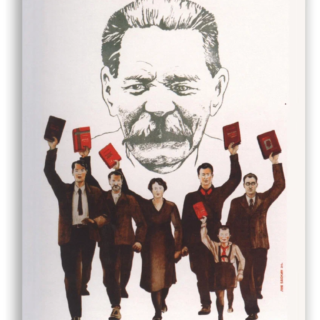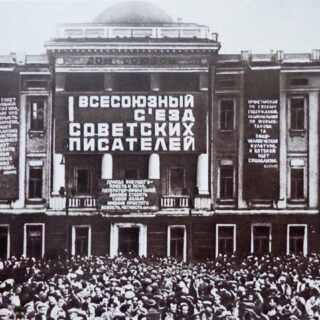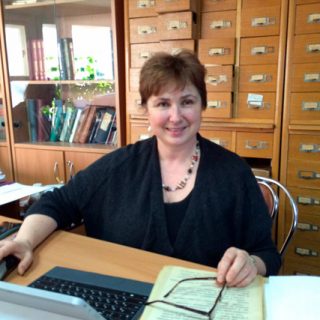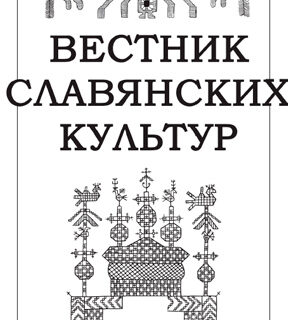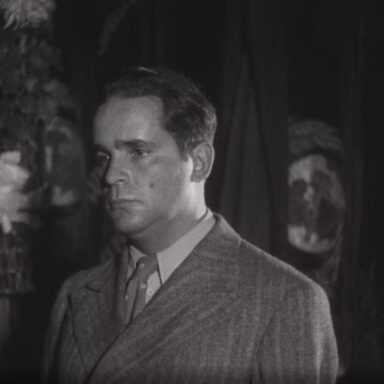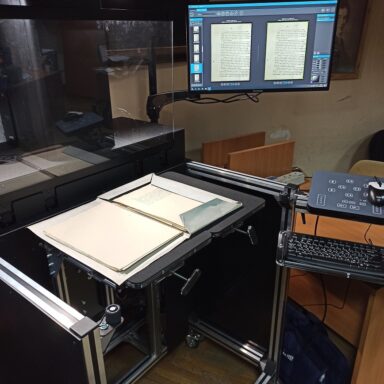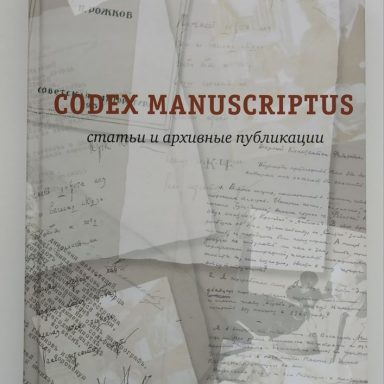Важное уточнение: Данный сайт является сопроводительным ресурсом, информирующим о промежуточных результатах работы по проекту «Стенограмма»: Политика и литература. Цифровой архив литературных организаций 1920-1930-х гг.» (проект РНФ № 20-18-00394). Создаваемый участниками проекта цифровой архив, на котором размещаются цифровые копии стенограмм из фондов ВАПП, МАПП, ВОАПП и РАПП Отдела рукописей ИМЛИ РАН, а также необходимый справочный аппарат, располагается на отдельном сайте, доступ к которому ограничен на время проведения основных работ.
Научно-исследовательский проект «Стенограмма»: Политика и литература. Цифровой архив литературных организаций 1920-1930 гг.», поддержанный грантом Российского научного фонда № 20-18-00394 в 2020 году, направлен на решение актуальной задачи включения уникальных архивных фондов Отдела рукописей ИМЛИ РАН в современную общемировую дигитализацию архивов.
Цель проекта – представить широкому кругу исследователей, специалистов в области истории советской литературы и культуры в целом, уникальные архивные документы – стенограммы съездов, конференций, заседаний руководящих органов Московской ассоциации пролетарских писателей, Всероссийской ассоциации пролетарских писателей, Всесоюзного объединения ассоциаций пролетарских писателей, Российской ассоциации пролетарских писателей (1925-1932).
Самые влиятельные в первые пореволюционные десятилетия пролетарские литературные организации институциализировали новые литературные практики — социальный заказ, авторитарно адресованный писателям всех литературных группировок: призыв писателей на борьбу с прорывами на производстве, показ ударников социалистического соревнования, развитие художественного творчества рабочих («орабочивание» литературы), колхозников, красноармейцев, краснофлотцев, показ героев Гражданской войны и проч.; инициировали общелитературные дискуссии – о методе художественного творчества, о драматургии, о детской литературе, о литкритике и литературоведении, создавали сеть своих региональных, в том числе – национальных филиалов, вовлекая местных писателей в культурное строительство, создавая национальные культурные кадры, литературно-художественную периодику, массовые литературные журналы.
Принципиальная особенность литературного процесса 1920-1930-х гг., таким образом, определяется присутствием на «литературном фронте» влиятельных пролетарских писательских союзов, чья повседневная профессиональная деятельность запечатлелась в стенограммах заседаний руководящих органов, конференций, пленумов, собраний, дискуссий.
До сих пор эти архивные документы – стенограммы профессиональной производственной деятельности самых влиятельных для первых пореволюционных десятилетий пролетарских писательских организаций не подвергались фронтальной разработке, не вводились в научный оборот, не становились самостоятельным предметом системного изучения и научной публикации.
Фонды этих писательских союзов хранятся в архивном собрании ИМЛИ РАН, состав их уникален и не дублируется материалами других архивохранилищ, журнальной и газетной периодикой и представляет собой бесценный источниковедческий ресурс, основополагающий для восстановления хроники литературной повседневности.
«Transcript»: Politics and literature. The Digital Archive of Literary Organizations of the 1920s-1930s
If the main source for the study of a writer’s creativity is manuscripts of their texts, then the underlying source for the study of the literary process as a whole, and in particular, hidden mechanisms and driving forces, are the transcripts of literary organizations. This is where literary organizations were formed and institutionalized in literary practice and the behavior of writers as members of the writers’ community was determined.
The phenomenon of Soviet literary organizations is a unique social experiment in the history of world culture, which allowed a country that had survived wars and revolutions, had had up to 80% of the population illiterate, quickly raise the cultural level of the proletariat and the peasantry. This showed them the way how to take in the richness of world culture, encourage them to be creative and to believe in their ability to build a better future for working people of all countries. Created on the class principle, i. e. proletarian, peasant, and co-working («poputchik»), these organizations have overcome the inherent isolation of past writers’ groups as well as elitism. These organizations have encouraged to overcome national, gender-based and cultural differences; have involved in their activity nonprofessionals; have provided direct communication with readers; have directed artists of the written word in tumultuous social lives that would serve the specific tasks of socialist construction and societal ideals, where the main value was Marxist doctrine of the ways of building a utopian, classless society.
The most influential in the first post-revolution decades were the proletarian literary organizations, having institutionalized new literary practices. This includes social order, authoritatively (doctrinaire) addressed to the writers of all literary groups, the call for writers to depict labor impulses during production (industrial) activity, to show the best socialist worker contest, to develop of workers’ artistic creativity («orabochivanie» of the literary creativity), and also the creativity of collective farmers, red army soldiers, red army seamen, depiction of civil war heroes and so on. These influential organizations initiated the general literary discussions about creative and artistic methods, literary criticism, drama, children’s literature, and created a regional network, including national branches, which involved local writers in cultural construction, aiming to prepare new personnel for working in the sphere of local national cultures.
The principal feature of the literary process of the 1920s-1930s is determined by the presence of the influential proletarian writers’ unions on the “literary front”, whose daily professional activities were showcased in the transcripts of meetings of managing boards, conferences, plenums, and discussions of personnel.
However, these archival transcripts of professional and produced activities of the most influential organizations and associations of proletarian writers of the first decades post-revolution did not become an independent subject within systematic learning, research, or within scientific publicationсe till now. These organizations include the Moscow Association of Proletarian Writers (MAPW), All-Russian Association of Proletarian Writers (RAPW), All-Soviet Association of Proletarian Writers (SAPW), Russian Association of Proletarian Writers (RAPW). These organizations have never been subjects of fundamental research, and they have never been introduced to scientific turnover.
The funds of these literary groups are kept in the archival collection of IMLI RAS. These collections are unique and the material is not duplicated by any other archive, including magazine and newspaper periodicals. These paramount scientific documents are an invaluable scientific source resource, fundamental for the restoration of the chronicle of literary everyday life, or reconstructions of Russian literary history of the Soviet period, is in general, and for the study of institutional aspects of the particular topic, «politics and literature» and are ready for scientific studies.
Creating of electronic transcript copies of these organizations, along with the supply of archaegraphical descriptions and a scientific comment, the reconstruction of chronicles of their activity and the establishment of organization personnel, representation of this material on the Internet for wide use by specialists answer to the actual academic need for the unification of scientific forces for the reconstruction of the real history of literacy development in the first few post-revolution decades.
The novelty of this project is due to its subject of study: the first full study of proletarian union writers’ archives, the digitization and commenting on the body of transcripts of their professional activities, accompanied by the establishment of a record of the activities of organizations and previously unknown key events and driving forces of the literary process.
Project «’ Transcript’: Politics and literature. The Digital Archive of Literary Organizations of the 1920s-1930s» meets the actual scientific need for an objective assessment of the historical and literary processes of Soviet time and satisfies the steady, academic interest of domestic and foreign researchers of the specifics of literary life in the first decades of the Soviet Union. The project additionally satisfies the interest to the social and political aspects of the literary process of the Soviet period and the need for their objective estimates, the absence of which is due to lack of information.
